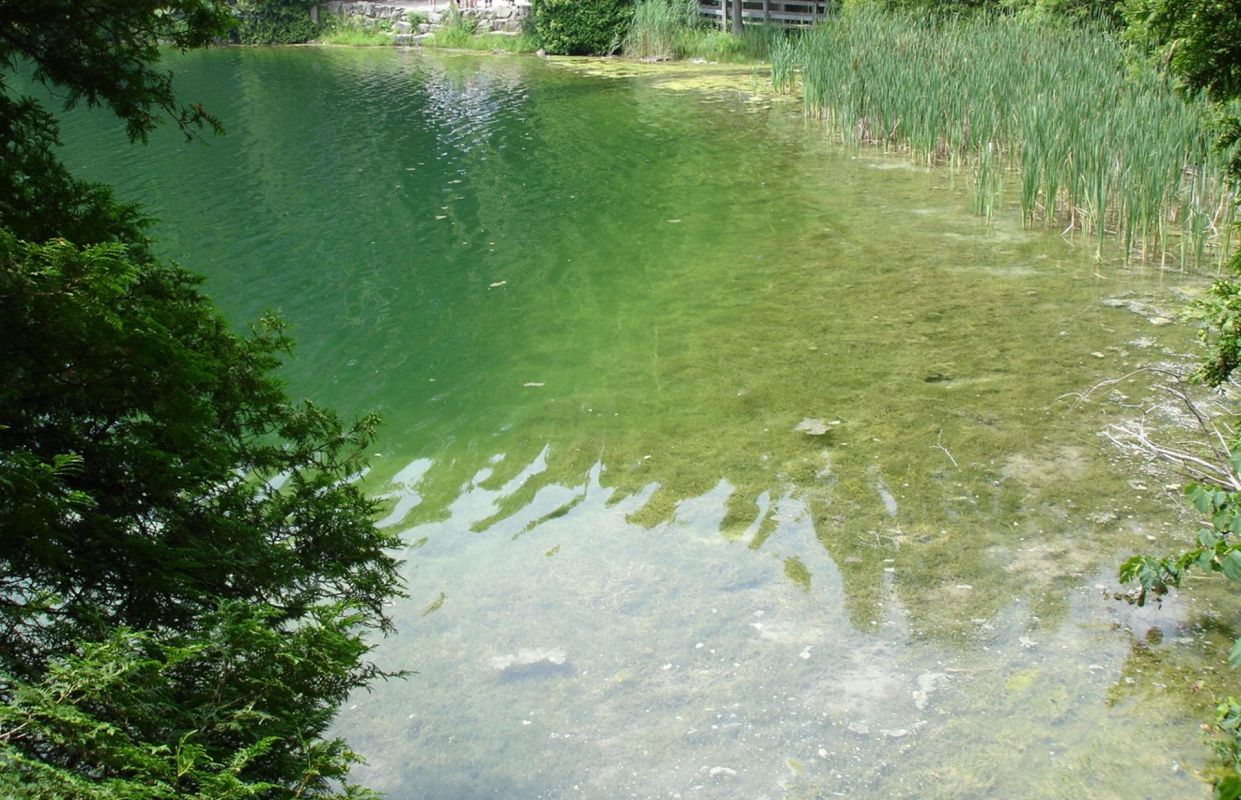A lake near Toronto has earned a dubious honor as the site best suited to showing human impacts on Earth during a proposed time unit known as the Anthropocene.
What is the Anthropocene?
The Anthropocene is the so-far unofficial block of geological time we're living in that's marked by people's planetary effects.
Scientists estimate that Earth is about 4.6 billion years old. Geologists divide roughly the last 4 million into chunks of time defined by records in rocks, such as fossils.
Modern humans have been around about 200,000 years, and civilization has emerged in relatively stable times climatically since the last Ice Age about 11,700 years ago — in the current epoch called the Holocene.
It's over the last 70 years that humans have had such an impact that even geologists have been moved to consider this epoch, which are traditionally glacially paced.
Why is the Anthropocene important?
The Anthropocene illustrates how short a time humans have changed our climate with ways such as deposits from nuclear explosions and heat-trapping pollution.
For perspective, if a 4.6-billion-year timeline of Earth stretched from Los Angeles to New York, the last 70 years would be about two inches at the end.
In 2000, scientists Paul Crutzen and Eugene Stoermer used "Anthropocene" (which combines Greek words for "human" and "new") to argue that we've shifted ourselves out of the Holocene. By 2011 Crutzen wrote with another co-author that "the Anthropocene — human dominance of biological, chemical, and geological processes on Earth — is already an undeniable reality."
What does this have to do with a lake in suburban Canada?
Crutzen's argument has mostly gained acceptance, though its exact definition has proved problematic. One of the questions has been when the Anthropocene started. Another has been how to determine where in the world it is best indicated.
That's why the recent selection of Crawford Lake is significant. Per the Guardian, this deep sinkhole "hosts annual sediments showing clear spikes due to the colossal impact of humanity on the planet from 1950 onward, from plutonium from hydrogen bomb tests to the particles from fossil fuel burning that have showered the globe."
The Anthropocene Working Group formed in 2009 to determine whether the designation of the Anthropocene was justified and then to decide the time and location that marked it best.
This group chose the lake after several rounds of voting, in part because it recorded the bomb tests. The Guardian also noted that lake sediments have the particles from power plants and large-scale fertilizer applications.
Pending approval by geological organizations, the Anthropocene will be officially proclaimed as the modern epoch in August 2024.
Cause for hope?
"The Anthropocene that starts in the 1950s represents a very rapid change that we have caused to the planet," Colin Waters, an AWG chair, told the Guardian. But Waters highlighted hope in this: "The combined impacts of humanity can be changed rapidly for good and for bad. It's not inevitable that we have to slide into continuing environmental poverty."
Join our free newsletter for cool news and cool tips that make it easy to help yourself while helping the planet.









